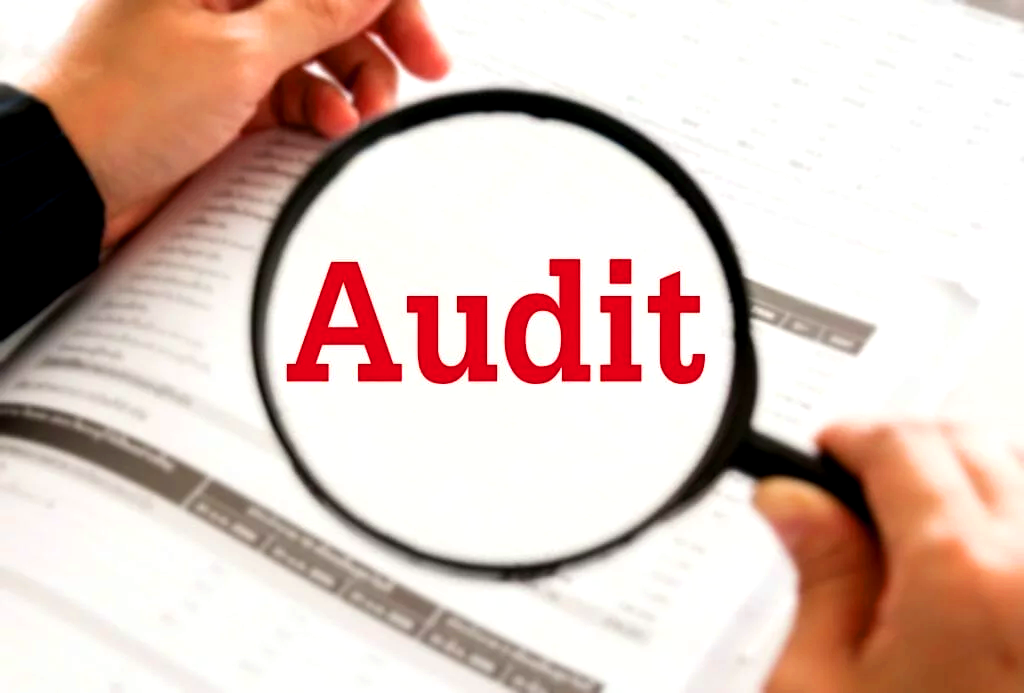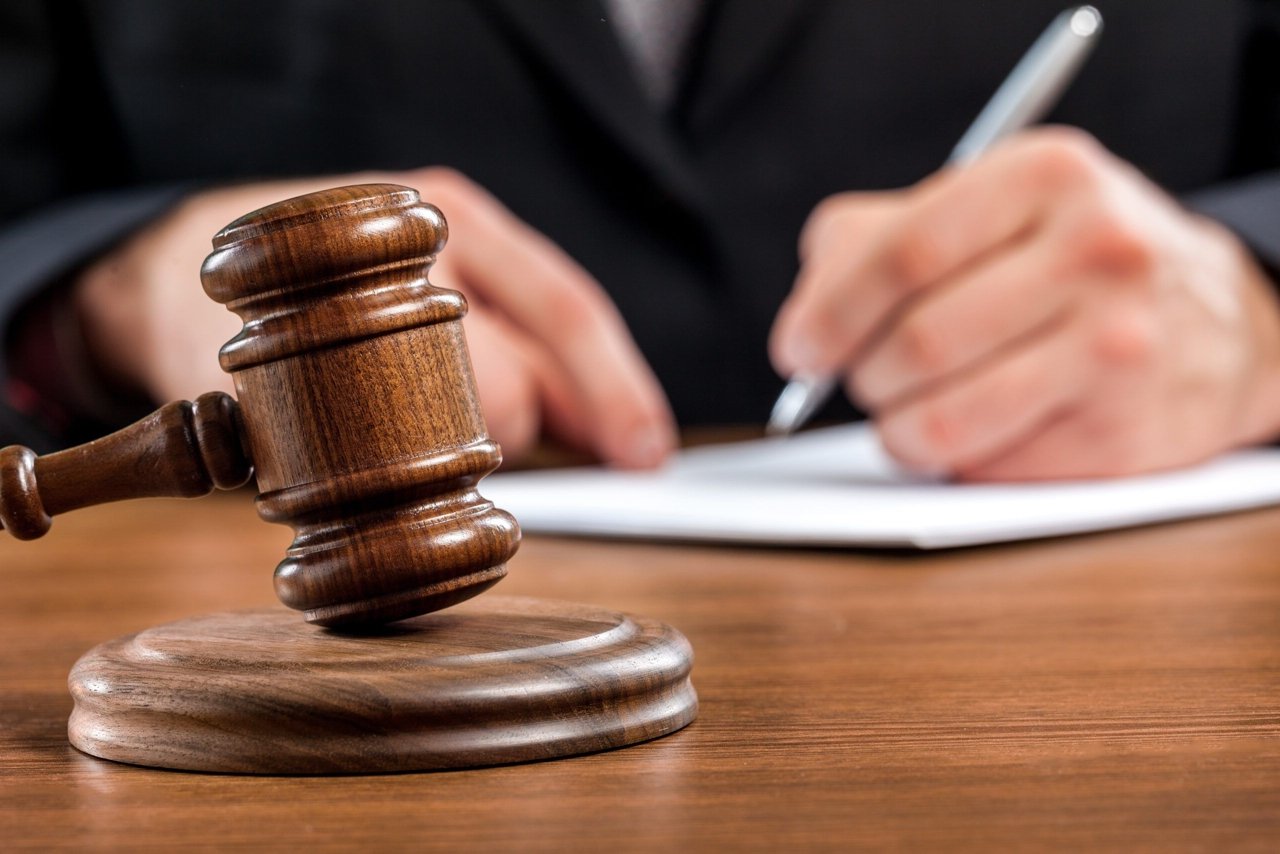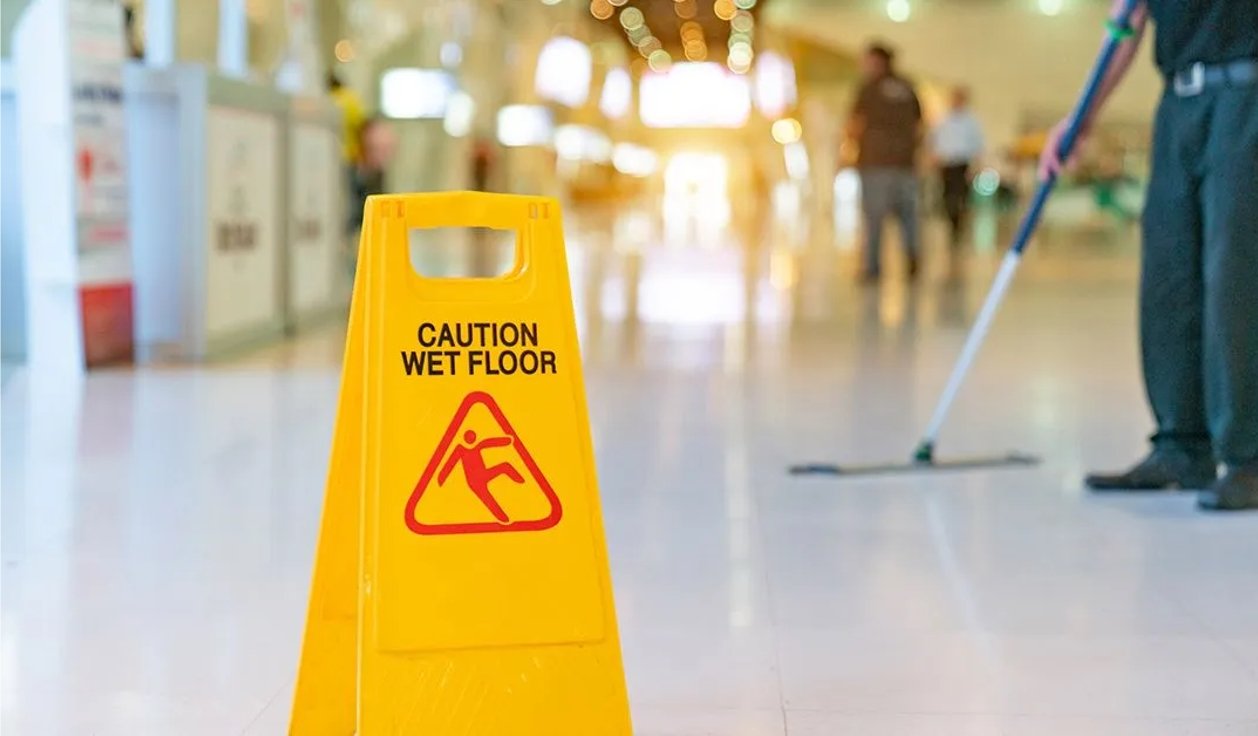What is a CRA Tax Audit?

Taxation is a vital component of any country’s economy, and Canada is no exception. To ensure that taxpayers fulfill their obligations and that the government receives the revenue it needs, the Canada Revenue Agency (CRA) carries out a variety of processes, one of which is tax audits. This article explores the world of CRA tax audits, providing insight into their purpose, the different types of audits, the triggers that lead to an audit, and how to navigate one if you find yourself in this situation effectively.
Understanding CRA Tax Audits
A CRA tax audit is essentially an in-depth examination of an individual’s or business’s financial records and tax returns to ascertain their accuracy and completeness. The main goal is to make sure that taxpayers are correctly reporting their income and deductions in accordance with Canadian tax laws.
Types of CRA Tax Audits
The CRA conducts three main types of tax audits, each with varying degrees of intensity and involvement:
1. Pre-assessment Audit
A pre-assessment audit is the initial step where the CRA reviews your tax return before it’s assessed. During this process, the CRA may request supporting documents to validate the accuracy of your reported information.
2. Desk Audit
A desk audit typically takes place at a CRA office. In this scenario, an auditor reviews your financial records and tax return in a less intrusive manner compared to a field audit. It is usually a more streamlined process.
3. Field Audit
A field audit is the most comprehensive and potentially intrusive type of audit. In this situation, a CRA auditor physically visits your place of business or residence to conduct an on-site examination of your financial records. This type of audit is reserved for cases that require a more in-depth investigation.
Triggers for CRA Tax Audits
CRA tax audits are not random events; they are initiated for specific reasons. Some of the common triggers for a CRA tax audit include:
- Discrepancies in Reported Income: If there are significant discrepancies between your reported income and the information the CRA has on file, it may raise a red flag and trigger an audit.
- Unusually High Deductions or Expenses: If you claim abnormally high deductions or business expenses, it might attract the attention of the CRA.
- Inconsistencies between Your Return and Third-Party Information: If information from third parties, such as employers or financial institutions, doesn’t align with your tax return, the CRA may decide to investigate further.
The CRA Audit Process
Understanding the steps involved in a CRA tax audit is crucial for navigating the process effectively. The audit process typically consists of the following key stages:
1. Notification
When selected for an audit, you will receive a formal notification from the CRA. This notification letter will provide details about the audit, its scope, and the CRA auditor’s contact information.
2. Information Request
Once you’ve been notified, the CRA will request specific documents and records related to the audit. It’s essential to provide the requested information promptly and accurately. This phase marks the beginning of the substantive audit.
3. Examination
During the examination stage, a CRA auditor will review your financial records and may ask you questions to gain a better understanding of your financial affairs. This process may also include interviews and discussions about your income and deductions.
4. Assessment
After the audit is complete, the CRA will evaluate the findings and determine whether there are any adjustments required to your tax return. This assessment will result in one of three outcomes: you may owe additional taxes, be eligible for a refund, or face no changes to your return.
Read More: 11 Ways How Business Agreements Can Skyrocket Your Contract Formation
Dealing with a CRA Audit
CRA audits can be stressful, but proper preparation and cooperation can make the process smoother. Some common issues and challenges you might face during an audit include:
Documentation
One of the key challenges is ensuring you have accurate and organized financial records. Missing or disorganized documents can lead to complications during the audit process, potentially resulting in further scrutiny.
Discrepancies
If the auditor discovers discrepancies in your financial records or tax return, it’s crucial to work collaboratively to resolve them. Open and honest communication is key to addressing any concerns.
Penalties and Interest
Non-compliance with tax regulations can lead to penalties and interest charges. Understanding the potential consequences of your actions and addressing any issues promptly is essential.
Tips for a Smooth Audit Experience
To navigate a CRA tax audit successfully, consider the following tips:
- Keep Accurate and Organized Records: Maintaining precise and well-organized financial records can significantly simplify the audit process.
- Cooperate with the CRA Auditor: Being cooperative and responsive to the auditor’s requests can help build a positive working relationship, potentially leading to a smoother audit experience.
- Seek Professional Advice If Needed: If you have complex financial affairs or face disputes with the CRA, consulting a tax accountant or lawyer can provide valuable guidance and support.
- Understand Your Rights and Responsibilities as a Taxpayer: Knowing your rights and responsibilities as a taxpayer in Canada is essential. It can help you navigate the audit process more effectively and confidently.
Conclusion
In conclusion, CRA tax audits are a crucial aspect of ensuring tax compliance in Canada. While they can be daunting, being prepared, organized, and cooperative can lead to a smoother audit experience. It’s important to maintain accurate records, address discrepancies openly, and seek professional guidance when necessary. By understanding the process and your rights as a taxpayer, you can effectively navigate a CRA tax audit.
FAQs
1. How does the CRA select individuals for tax audits?
The CRA selects individuals for tax audits based on various factors, including discrepancies in reported income, high deductions, or inconsistencies in tax returns.
2. What should I do if I am notified of a CRA tax audit?
If you receive a notification for a CRA tax audit, it is essential to respond promptly, provide the requested information, and cooperate with the auditor. Being proactive and organized can make the audit process more manageable.
3. Can I appeal the results of a CRA tax audit?
Yes, if you disagree with the findings of a CRA tax audit, you have the right to appeal. You can request a review of the audit or file an objection. It’s advisable to seek professional advice if you plan to appeal.
4. How long does a CRA tax audit typically take?
The duration of a CRA tax audit can vary widely depending on its complexity. Some audits may be completed in a few weeks, while more intricate cases can take several months. Cooperation and providing requested information promptly can help expedite the process.
5. Should I seek professional assistance during a CRA tax audit?
Seeking professional assistance, such as a tax accountant or lawyer, can be beneficial during a CRA tax audit, especially if you have complex financial affairs or face disputes with the CRA. They can provide expert guidance, ensure compliance, and represent your interests effectively.








2 Comments